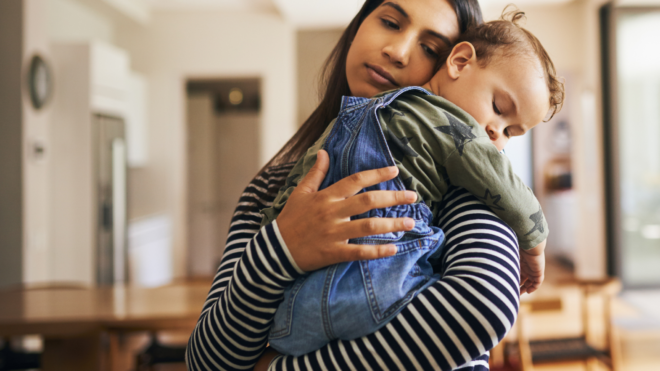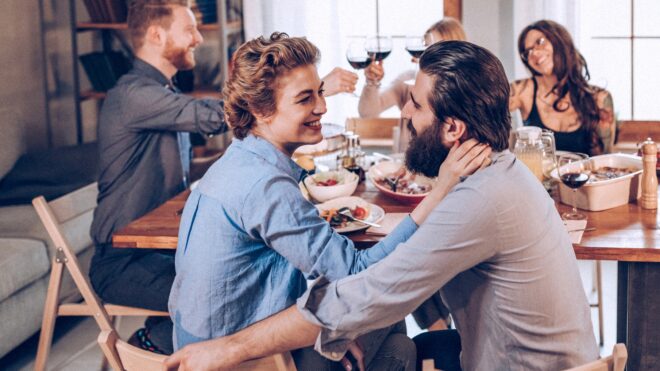Inspired by the challenges (and joys!) of being in an interracial relationship of my own, I decided to ask people of various backgrounds about their mixed-race relationships.
I came up with three simple questions:
- What is the biggest challenge you face?
- What have you learned about yourself?
- What have you learned about the world?
The answers I got are so inspiring, I decided to share them here. Besides, could there be a better time to talk about relationships now that Valentine’s Day is coming up?
Emily C., white female, 26, dating a Mexican woman:
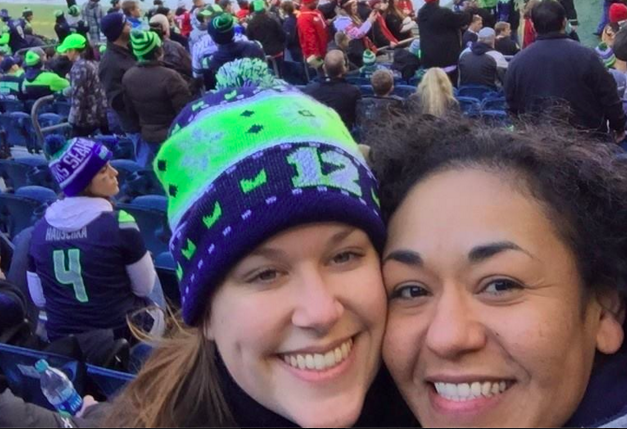
Emily and her girlfriend.
“One challenge is the language barrier between myself and the older generation of my girlfriend's family. While I have close relationships with her brothers and nieces, my relationship with her mother has progressed more slowly because I speak little Spanish and she speaks little English. Slowly is the key word, as I have been surprised by how much we can in fact communicate and build a relationship without talking much.
Also, my partner is very close to her family. She goes out of her way to see her mother and we spend every Sunday religiously with her family. Not that I do not love my family nor enjoy spending time with them, but I do not prioritize my family as much as she does and I do think this is a cultural difference. As an American, I place a lot of emphasis on independence; a few days after I graduated high school I left my home of Washington state and moved to California. My girlfriend, on the other hand, lived with her mother until she was in her mid-20's, which in the U.S. is seen as weird or lame. The priority she places on her family has definitely rubbed off on me, though, as I have found myself calling my parents more and further appreciating the challenging role of being a mother or father.”
Anika S., Black/West Indian, 27, dating a white man:
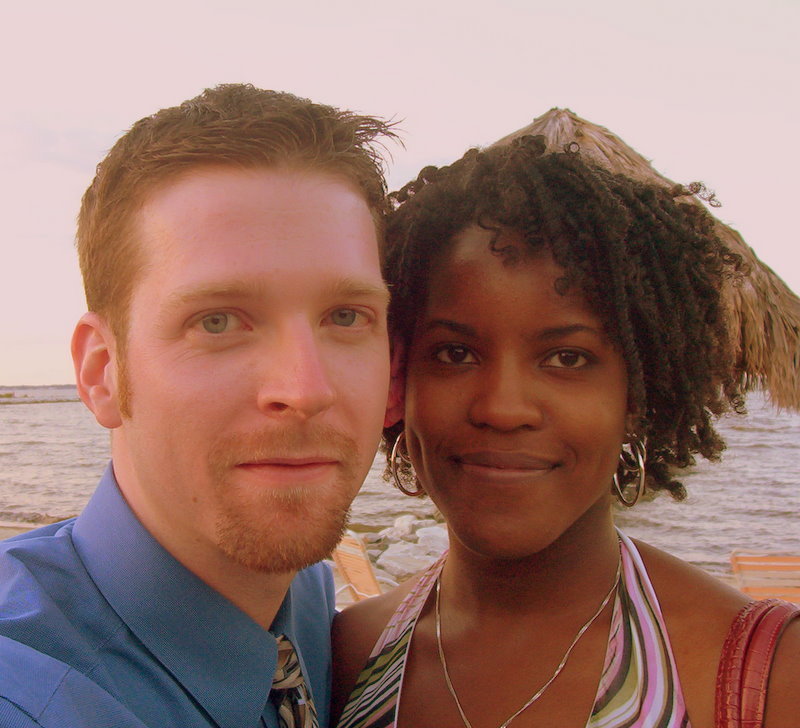
This isn't actually the couple because they want to remain private.
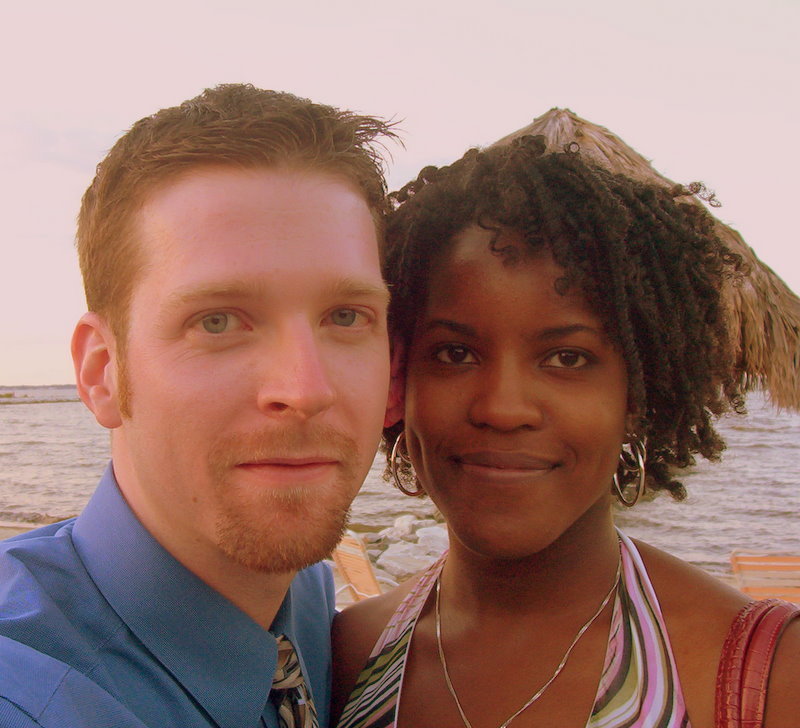
This isn't actually the couple because they want to remain private.
Lucy J., biracial female, 28, dating a white woman:
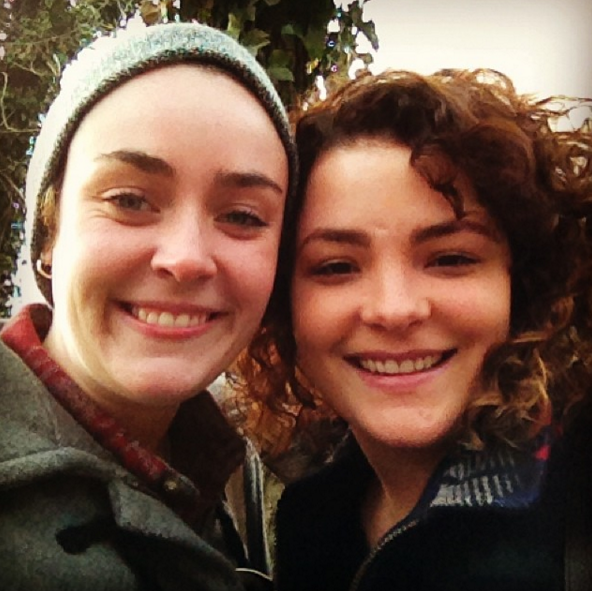
Lucy and her girlfriend.
“Dating white people has taught me that there is a different emphasis put on race in their homes. I find that white homes generally view race as a non-issue. In their hearts, the racial divide in this country is small, and we all get along better than ever. Even though this may have been more true before 2015, the biggest challenge I face on a day to day basis is still my assumption that my partner, as a white Irish Catholic, does not or cannot ever fully understand the gulf of racial inequality in this country. I actually feel like I constantly patronize her when it comes to Black Lives Matter, police brutality, and the obvious history of brutal racial violence in America — but I can’t help it. It’s something we’re working through. I’m learning that respecting my partner as an ally; getting off my soap box, at least while at home; could definitely benefit my relationship.”
Jocelyn N., Chinese-Indonesian, 24, dating Jesús Adam E., Mexican and German, 28:
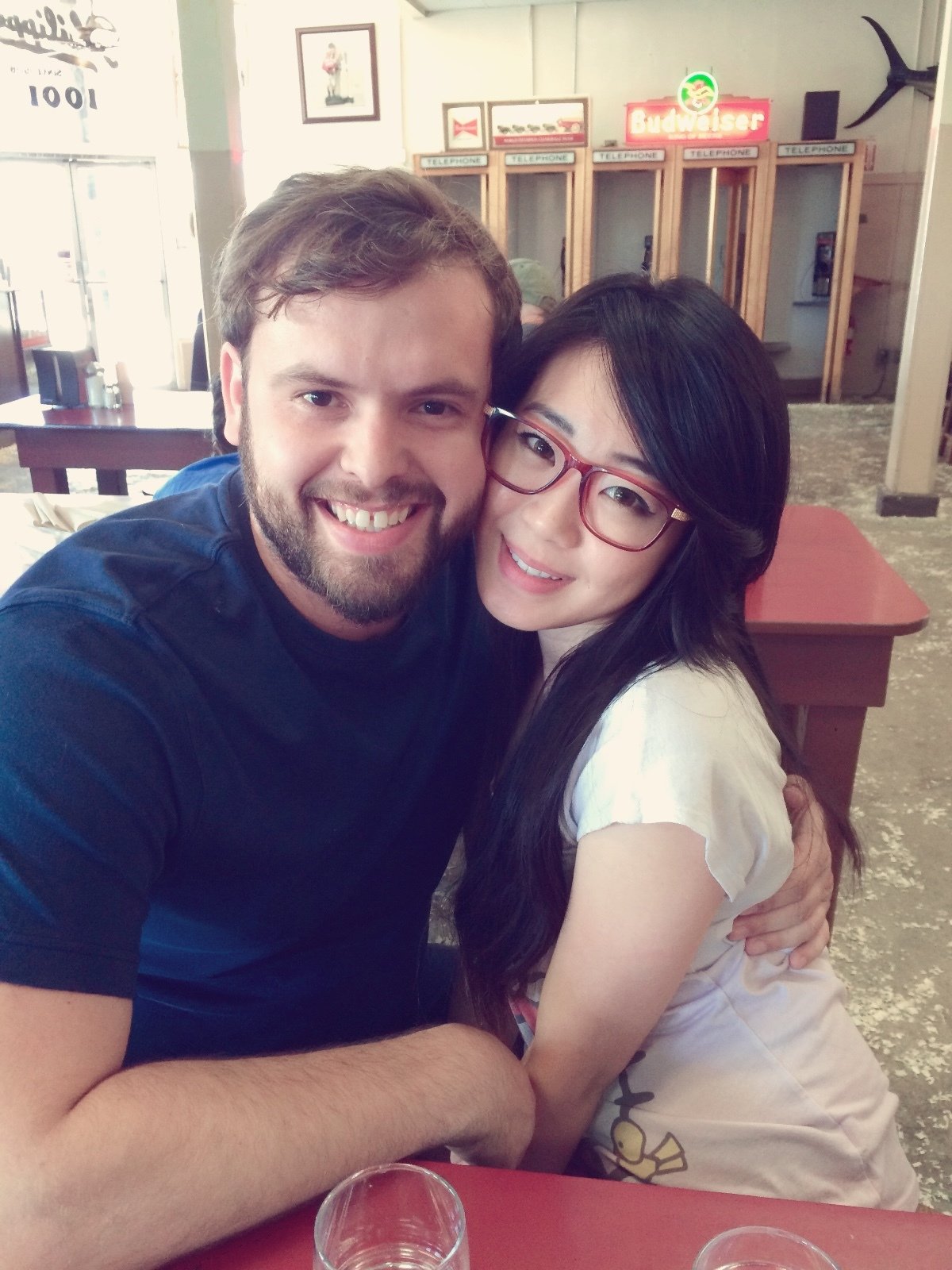
Jesús and Jocelyn. You can find more of their pictures on Instagram: @twistofcafet
Jesús: For us, I think it's more light hearted because Jocelyn’s parents were not born here, and both are quite open to me. As for my parents, they have been in a mixed race relationship for 30 plus years, so of course they have no problem with me dating an ethnically Chinese culturally Indonesian girl. I know we are very lucky in that respect. But the first time I met Jocelyn's parents, she almost had a heart attack when I called her dad by his first name. I've since learned that in Asian culture it's very important to be respectful, and I should call him Mr. [his last name]. It was funny because he didn't blink an eye since he works with American people all the time, but Jocelyn was freaking out.
Jocelyn: And I had a hard time calling your parents by their first name.
Jesús: Yeah she was totally weirded out by that. Also, taking shoes off in the house is the most annoying thing in the world to me, especially if i'm wearing boots. But I learned to always do it at Jocelyn’s family’s home, because it shows respect to her mother.
Jocelyn: When I was moving to a new apartment to start med school, I needed household stuff like silverware, shoe rack, etc. A lot of Jesus’ family members gave me different things, but the big issue was with knives: In Asian culture it’s bad luck to give knives as presents, so I "bought" the knives from his sister and parents by giving them a quarter.
Emma T., biracial female, 28, dating a white man:
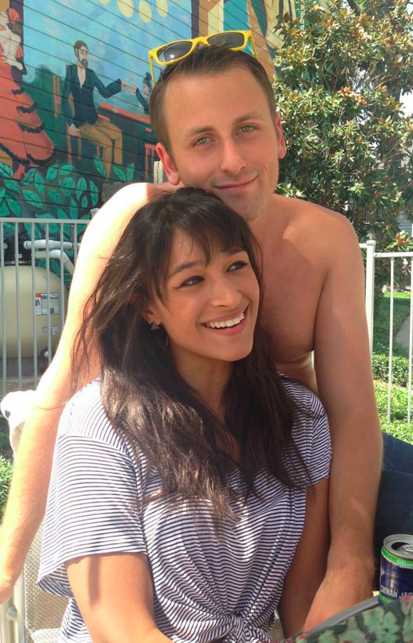
Emma and her boyfriend.
“Yes, there are challenges that come with loving someone who experiences the world from a different perspective. But we teach each other every day, even when we're not conscious of it. We challenge each other, call each other out on our bullshit, and we are both grateful to have one another. We don't have to say it out loud to know that we're both here because we want to be, not because it's safe. Not because it’s easy. Not because it's where our parents or friends or whoever think we should be. The fact is that as a white man, he goes out into the world every day and is exposed to a side of things that I will never know. The same is true for me. At the end of the day, we come home and aren't bored by the stories we bring to the table. We debate current events, moral issues, even the drama of our friends' personal lives, and are genuinely surprised by what each other has to say. We keep each other in check, and we both make each other into better, more tolerant people.”

